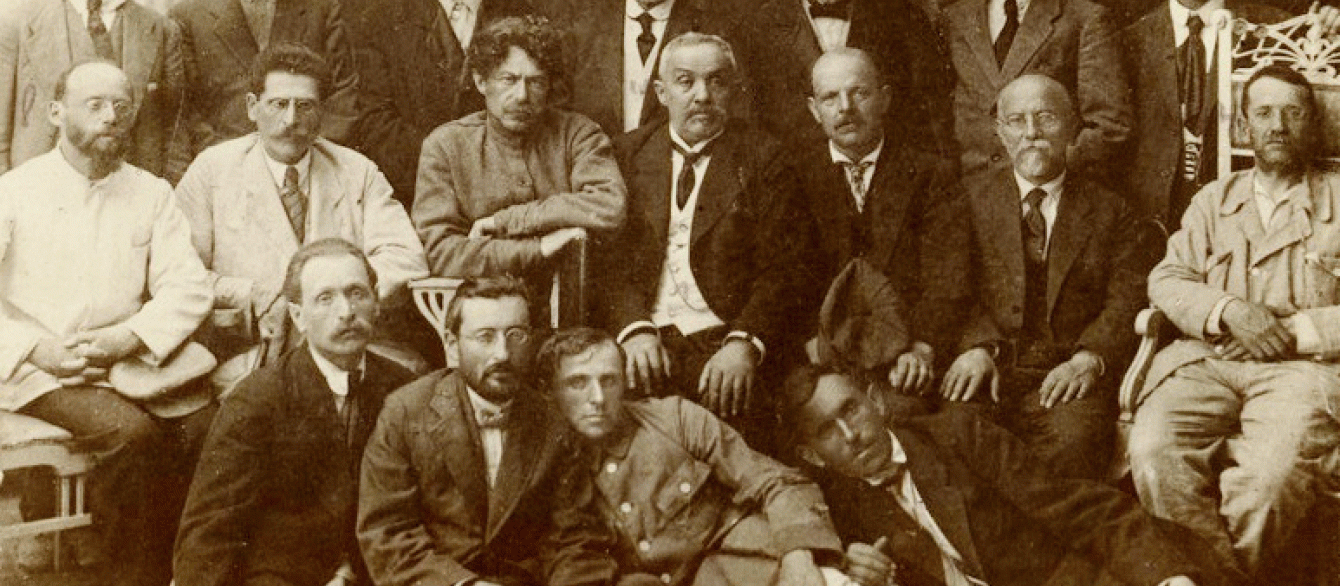Many Russian émigré writers of the so-called third and fourth waves of emigration — leaving in the 1970s, late 1980s, and 1990s — had to continue their work in Alexander Solzhenitsyn’s shadow. As a result, a key parameter of these waves became invisible: the Jewish writers’ desperate search for identity. In his book The Jewish Century, Yuri Slezkine interprets three paths that Tevye’s daughters have chosen to follow — emigration, revolution, and conversion — as the main divides of Russia’s Jewry. In fact, there were many more plot lines and paths through which Russia’s Jews could search for their identity after leaving their homeland. Some of them became Jewish writers who used to write in Russian; others gave up their Jewishness; yet others started building new literary reputations abroad. Gennady “Genna” Sosonko, for example, became one of the best chess writers in history, while Slezkine himself evolved into a voice among detractors of Israel. In his presentation, Boris Lanin will discuss the Jewish destinies of Russian-language émigré writers of the third and fourth waves of emigration. In examining shifts of Russian-Jewish identity as revealed in émigré literature, he will offer an analysis of the reception of their works in the Soviet Union, in the West, and in post-Soviet Russia.
Sponsorship
Co-sponsored by the Center for Jewish Studies
Accessibility
The Davis Center for Russian and Eurasian Studies at Harvard University encourages persons with disabilities to participate in its programs and activities. If you anticipate needing any type of accommodation or have questions about the physical access provided, please contact us at 617-495-4037 or daviscenter@fas.harvard.edu in advance of your participation or visit. Requests for Sign Language interpreters and/or CART providers should be made at least two weeks in advance if possible. Please note that the Davis Center will make every effort to secure services but that services are subject to availability.




